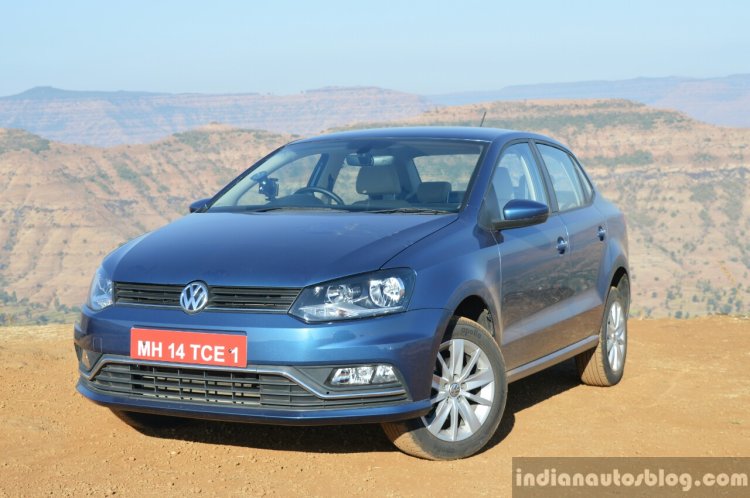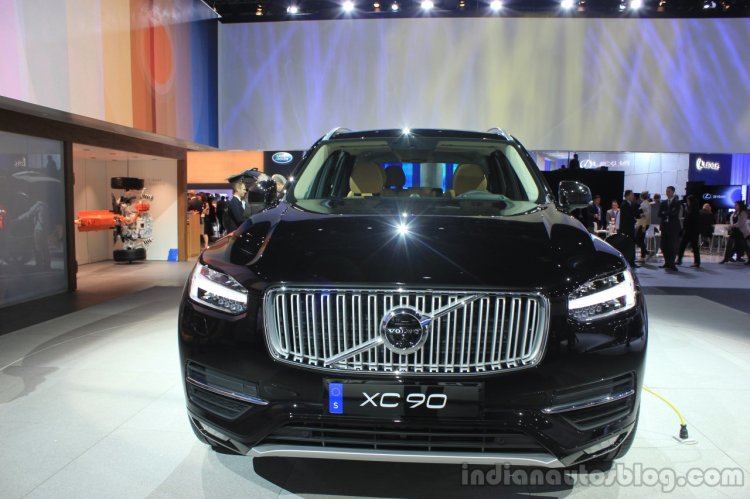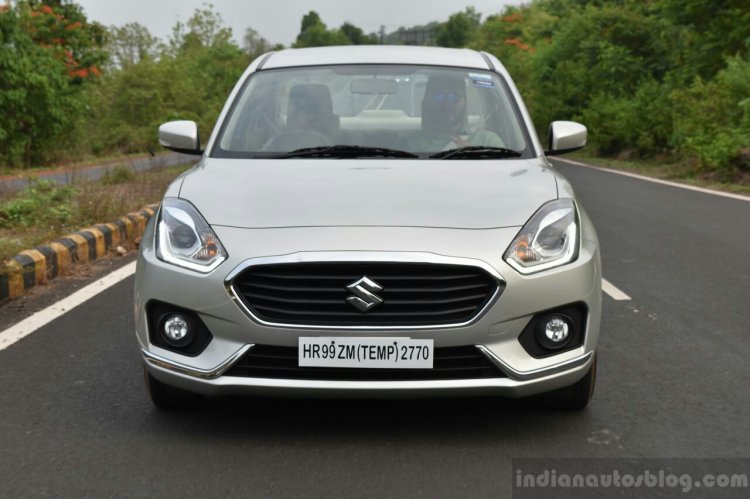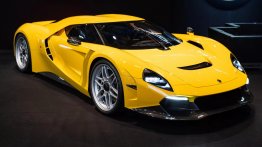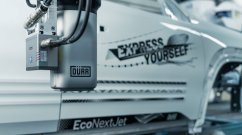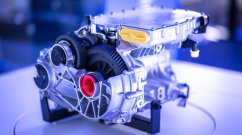In spite of the lower segments witnessing a decline in the popularity of diesel-powered vehicles, the oil burners continue to be a popular option for those with high monthly usage of the car. That said, there have been many myths and misconceptions about diesel cars. Here are the most common of them -
Not fun to drive
This isn't true. Petrol engines, by the nature of their design, do rev higher, but, in most cases, it's actually the low-end torque that can really make the daily driving more fun. All diesel engines have a higher torque output than their petrol counterparts. Oil-burners that have a well-controlled turbo lag are often quicker off the block than their petrol-sipping sibling. Petrol cars generally have higher torque at high engine speeds, but for the most part, it's the low-end and the mid-range of the engine that is utilised, thereby making diesel cars offer better in-gear acceleration than their petrol counterparts.
Also Read - 10 Useless accessories SUV owners can safely stay away from
Need to be used daily
This is one of the biggest misconceptions about diesel vehicles. The diesel engine technology has come a long way in the last two decades, and modern oil-burners are much more reliable and user-friendly than the earlier versions. Today, you can keep a diesel car parked for days and resume its usage once the need arises. While it's true that earlier, diesel engine parts required to be run regularly, same isn't the case anymore.
Diesel engines lead to huge money savings
This is again no longer true. Until a few years ago, the price difference between petrol and diesel was in the tune of INR 15. Today, however, this gap has reduced to less than INR 5. In fact, in some states, diesel is costlier than petrol. The lower difference between the prices of gasoline and diesel has minimised the money savings from using the latter. It may be noted that diesel engine variants cost up to INR 1 lakh more than their petrol versions. Hence, with the reduced cost difference between the fuel prices, it has become increasingly difficult for diesel car owners to recover the higher initial cost. Moreover, many mainstream diesel cars will get up to INR 2.5 lakh costlier with the advent of the BSVI-compliant engines, which makes buying a diesel-powered vehicle not a financially wise idea.
Diesel cars have the highest fuel efficiency
This is only partially true. Most diesel-powered vehicles in the mainstream car market return an ARAI-certified fuel efficiency of over 20 kmpl, which makes them more frugal than their petrol models. In the premium segments, however, it's actually the petrol-hybrids that offer the highest fuel efficiency. For instance, the Volvo XC90 T8 hybrid has an ARAI-rated fuel efficiency of 42 km/l, while the petrol version offers merely 17.2 km/l in the ARAI test cycle.
Also Read - 12 BAD habits that the average Indian driver is guilty of
Diesel cars perform their best on the highways
This is another common misconception about diesel vehicles. It's true that diesel-powered motors can offer you a pleasant cruising experience on open roads, but modern oil-burners are even quite good in the urban environment. The concentration of torque in the low-end of the rev range makes driving a diesel car very easy to operate. A decent low and mid-range torque leads to lesser gearshifts, which makes them much more comfortable to drive in bumper to bumper traffic.
Higher altitudes are a problem for diesel cars
It's not true that petrol cars perform better than diesel alternatives at higher elevations. In the mountains, where the air becomes thin, the air-fuel ratio runs richer. While petrol vehicles struggle to work correctly while running rich, a turbocharged diesel engine can perform better.
Diesel automatic models are not affordable
Until a few years ago, mainstream cars were not available with an automatic transmission option with the diesel engine. Today, however, the market scenario has changed with the advent of the AMT technology. Many diesel-powered cars, including the likes of Maruti Swift and Tata Nexon, offer optional AMTs, which are only marginally pricier than their manual counterparts and are even easy to maintain.
Spark plugs of diesel engines require regular attention
This can't be further from the truth. Diesel engines do not feature spark plugs. They use highly compressed hot air to ignite the fuel rather than using a spark (compression ignition instead of spark ignition).
Also Read - 10 Dangerous Aftermarket Add-ons one should TOTALLY avoid
Diesel cars are SLOW
With the introduction of common rail technology, diesel-powered vehicles are no longer slow or lethargic. Today, we have many mainstream diesel cars like Ford Figo, VW Ameo, Hyundai Creta, and VW Polo GT TDI, which can easily outperform a similarly priced petrol model.
Diesel motors have become a lot more powerful and efficient since the days of the In-Direct Injection technology. Most diesel-powered models today have a significant performance advantage over petrol cars, which is mostly due to the higher torque on offer. To put things in perspective, both petrol and diesel variants of the Tata Nexon offer a maximum power of 108.5 bhp, but the former provides a peak torque of 170 Nm, while the latter offers 260 Nm. This makes the oil-burner-equipped Nexon faster than its petrol-sipping sibling.
Diesel vehicles pollute more
This is no longer true. Modern diesel engines are as clean as their petrol counterparts. While it's true that they have a higher NOx and particulate emission, they produce lower CO2 than their petrol alternatives. Overall, the pollution caused by a diesel engine is quite similar to that of a comparable petrol engine.
